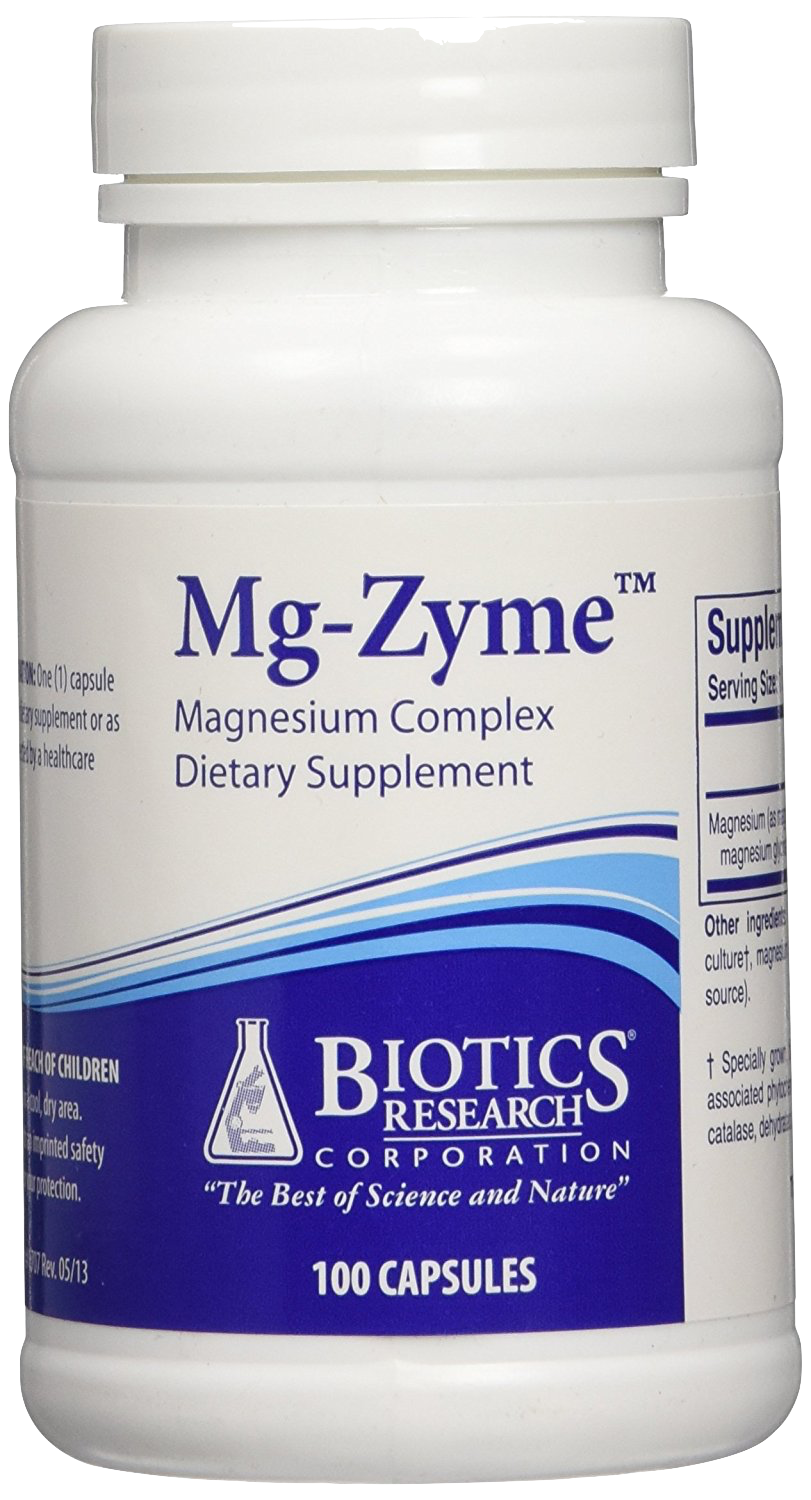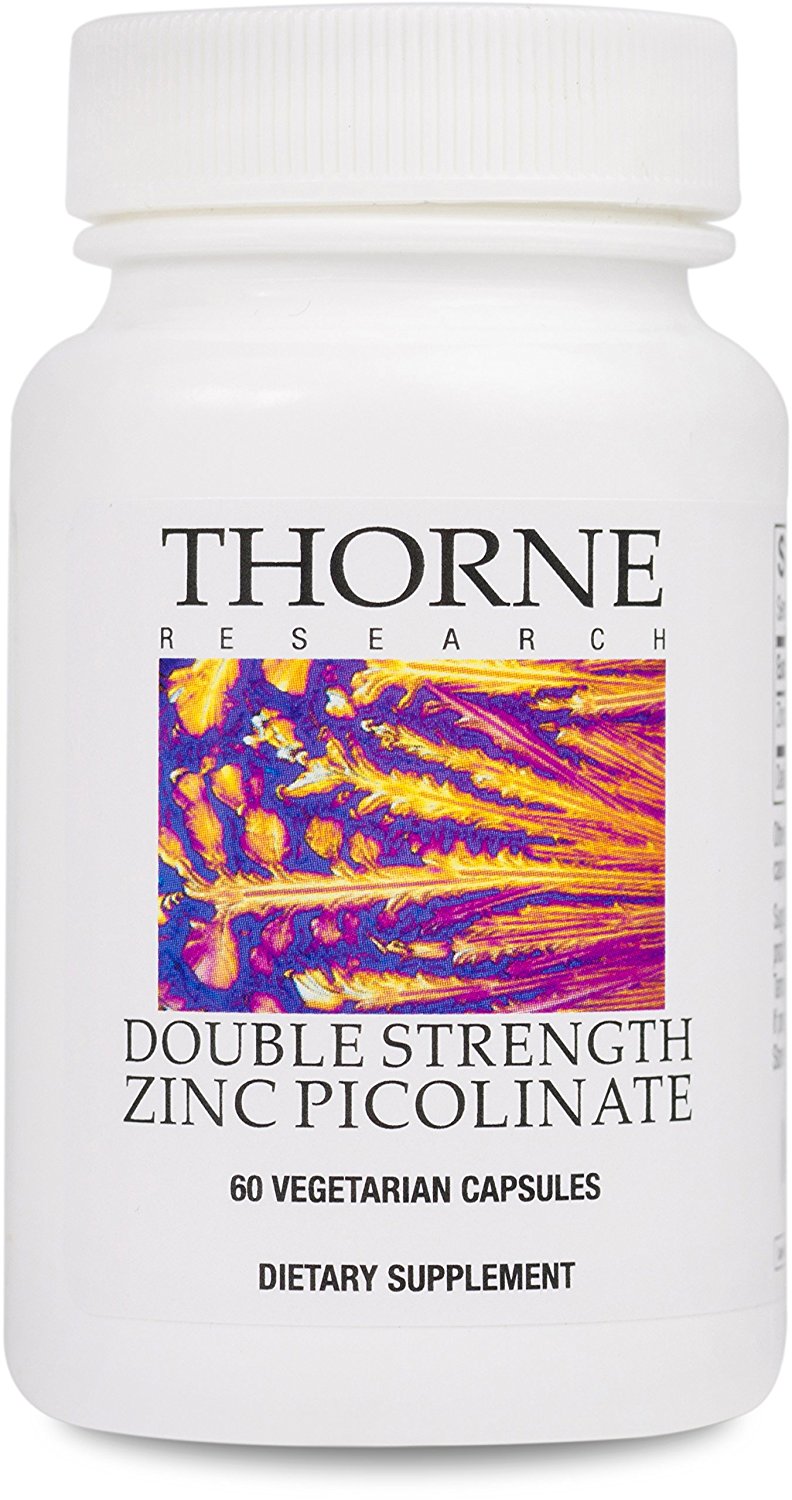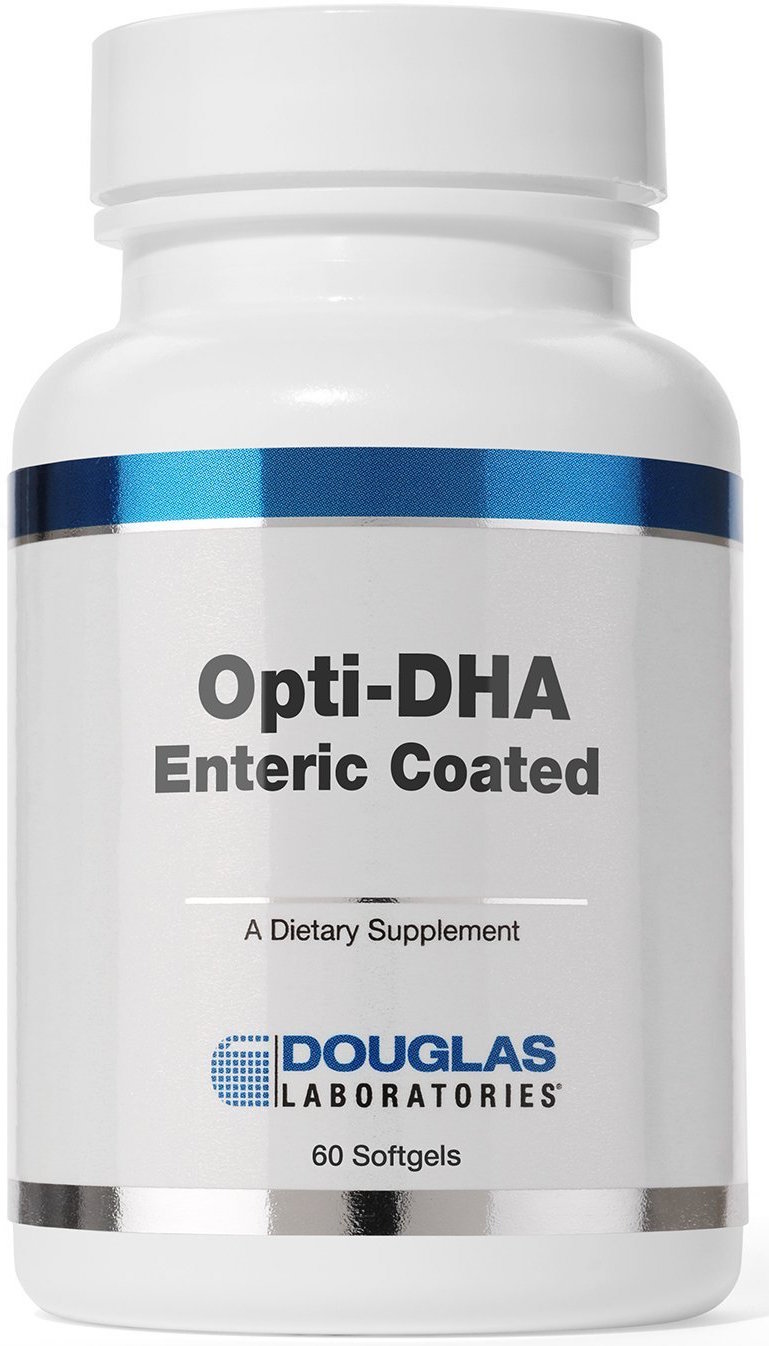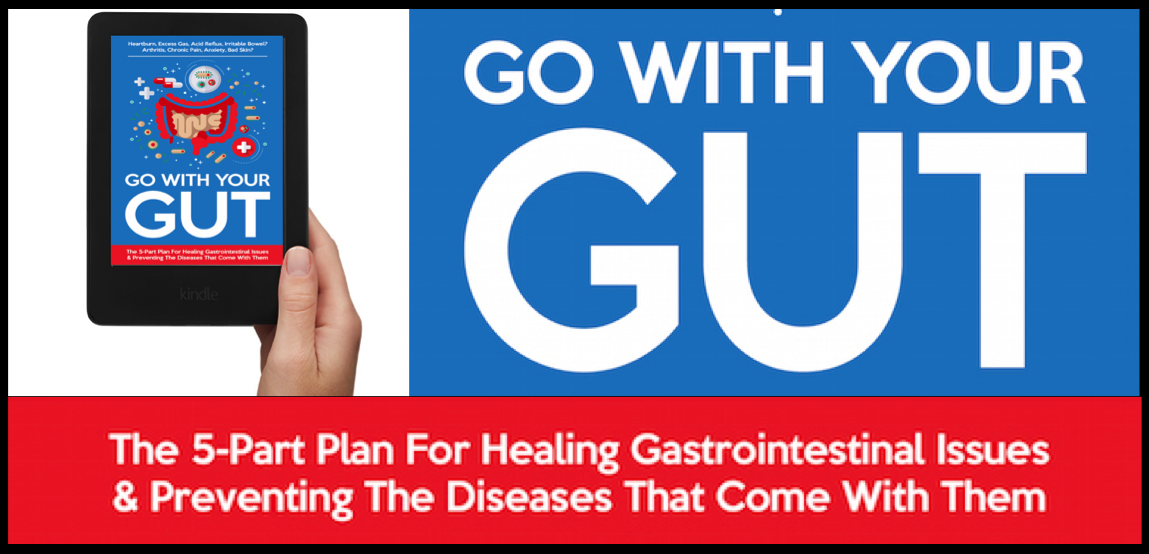Unlike carbohydrates, protein, and fat, the vitamins and minerals in our food don’t necessarily provide the material to make cells and tissue. But they do assist in speeding up the process of hormone generation, and in various other metabolic processes (like the production of energy).
You can think of them as:
Enzymes that prevent stalls in chemical reactions, and promote optimal nutrient availability.
Which definitely means they’re necessary, but doesn’t mean supplementing them is.
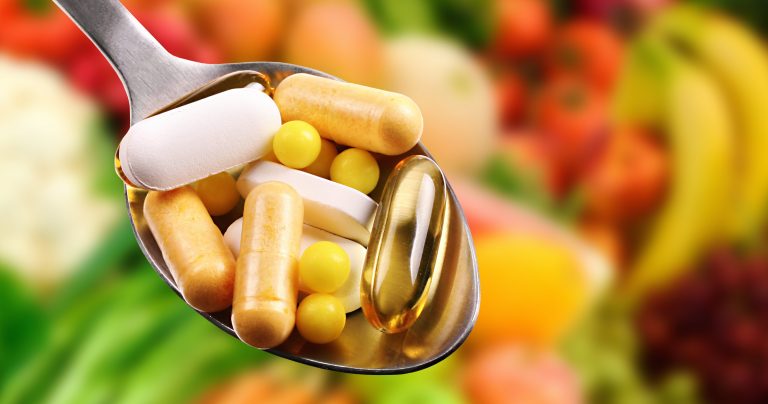
Generally speaking, most vitamin deficiencies stem from a lack of animal-source foods. With inadequate B12 in vegetarians being the perfect example.
Research from 2003 in the American Journal of Clinical Nutrition determined that B12 deficiency in vegetarians and vegans is as high as 70-80%!
So, although vitamin manufacturers will try to tell you otherwise, the best way to raise your B12 levels is to EAT MEAT!
Or as I lay out in Live It NOT Diet!, the best way to get all your vitamins is to ‘Make Animal Protein Mandatory.’
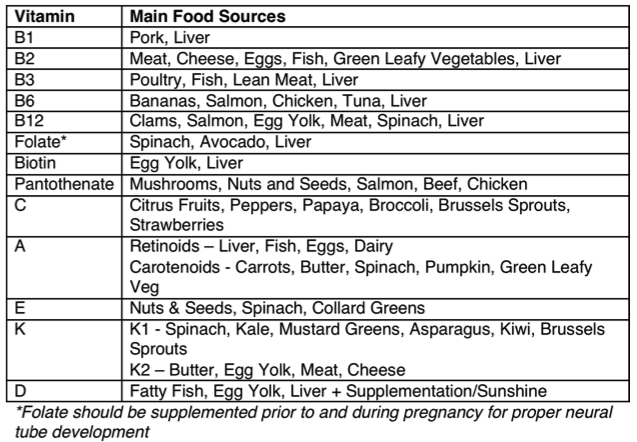
With vitamin D being the only VITAMIN concern (unless you’re a surfing instructor in Hawaii) for those prioritizing animal products.
VITAMIN D Protocol – Click Here
Outside of that, there’s potential for the occasional Cod Liver Oil top up or Liver Capsule supplement to get vitamin A (if you’re not eating organ meats); but there should be no need for a multi-vitamin. Especially when you consider it’s lack of effectiveness in disease prevention (1, 2, 3, 4, 5, 6):
“It remains unclear whether supplementation is efficacious in preventing cancer, cardiovascular disease, or other major chronic diseases and conditions in the general U.S. adult population.”
Not surprisingly, this is similar to the research on antioxidants (1, 2, 3, 4, 5, 6), that shows they do nothing for oxidative damage, and may actually disrupt our bodies natural responses.
Or put another way, vitamin supplementation does nothing for the chronic inflammation and stress that makes us deficient in the first place, and may actually cause damage and increase mortality long-term (1, 2, 3).
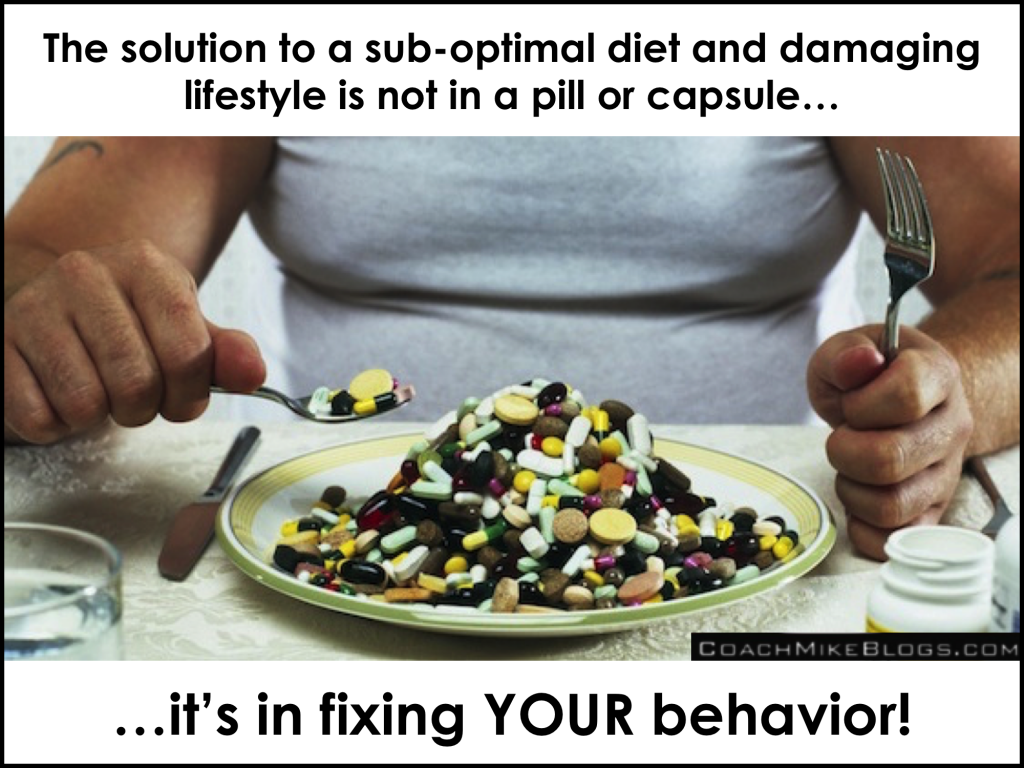
Meaning, you don’t heavy dose vitamin C because you smoke, take an antioxidant formula because you run 20 miles a week, or rely on a b-complex for your b-vitamins. You quit smoking, stop trying to out-exercise your crappy diet and eat a steak!
What About Minerals?
Minerals are a bit of a different story – as they can be difficult to obtain from food (especially when grown in low-quality pesticide-soaked soil), and tend to compete with each other for absorption.
In the British Food Journal in 1997, researchers compared the mineral content in fruits and vegetables grown in 1930, and those grown in 1980, and they found significantly lower levels of calcium, copper, magnesium, sodium, iron, and potassium.
Of these minerals, magnesium and potassium tend to be more of a concern than sodium, calcium, and iron (at least if you’re following Live It Not Diet!). And since potassium is more easily attainable in our diet (eat an avocado or banana), and most farmers add it back to the soil, magnesium seems to be the biggest issue.
Not only because of inadequate sources, but because it competes with calcium for absorption.
MAGNESIUM Protocol – Click Here
Zinc is very similar in that it competes with copper for absorption. Which, like calcium, has become abundantly available in modern day (as a result of copper pipes and kitchenware).
Fortunately, meat and fish are some of the best sources. UNFORTUNATELY, we’re lucky to get 25% of the RDA in one serving (that’s far too low to begin with). And unlike other vitamins and minerals, there’s no storage for future use.
ZINC Protocol – Click Here
Other Considerations – EFAs & Gut Support
The other imbalance characteristic of the 21st century is essential-fatty-acids (EFAs). Which, as we discussed in Eat Meat And Stop Jogging, is the result of a diet littered with omega-6 fatty acids; for both us and the animals we’re consuming. Ultimately producing a disastrous omega 6:3 ratio, that’s nowhere close to genetically optimal (1:1):
- 8:1 from 1930-1935
- 10:1 from 1935-1985
- 12:1 in 1985 alone
- 25:1 in 2009!
Obviously, limiting polyunsaturated fats, purchasing higher quality meat, and eating more fish is a better solution than supplementation. But considering that this ratio determines our level of inflammation, and a chronic pro-inflammatory environment is linked to EVERY degenerative disease, an extra shot of the long-chain omega-3 fatty acids (EPA/DHA) is hard to argue with. Especially if you’re already metabolically deranged (obese, insulin resistant), eating away from home often (where good oils aren’t used), or not a fish lover.
FISH OIL Protocol – Click Here
Sadly, crappy food quality and a grain-dominant diet has also left us with damaged guts. With most of us over-loaded with bad bacterial growth, and not secreting the necessary digestive juices to breakdown food. Leaving us prone to gut problems, and at risk for the more serious conditions that occur as a result.
And sure, you can definitely control and start to reverse these problems by following a plan like Live It NOT Diet!, but there’s no reason to slow your progress by letting them fester, or increase your risk of more damage. Especially if you’ve been following the Standard American Diet (S.A.D.) and the Over-Medicated Health Advice that accompanies it.
DIGESTION Protocol – Click Here
GUT HEALING Protocol – Click Here
In all situations, ‘real food’ should take priority over pills. And financial resources should be put towards ‘BETTER QUALITY FOOD’ not ‘more supplements.’
“Nutritional supplements may be useful when intakes of one or more nutrients are less than recommended, although ideally individuals should meet nutritional needs primarily through foods” JACN, 2013
So take an honest look at yourself and decide which options are necessary; and which behaviors can be corrected.
Stay Lean!
Coach Mike
RELATED ARTICLES:
More Antibiotic = Less Probiotic
Bone Broth - Make it a Staple This Winter
Why Vitamin D Toxicity SHOULDN'T Be a Consideration
5 Servings/Day or 1 Serving/Week - The Real Nutrient-Dense Food

